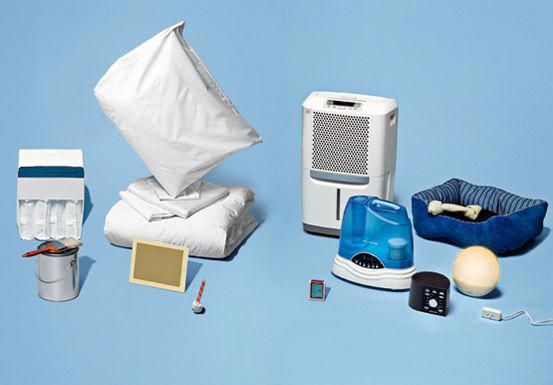Introduction

In a world where independence and inclusion are paramount, adaptive devices have emerged as transformative tools, empowering individuals with disabilities to live life to the fullest. These ingenious inventions bridge the gap between limitations and possibilities, fostering greater autonomy, accessibility, and overall well-being. From mobility aids to communication tools and beyond, adaptive devices cater to a wide range of needs, enabling individuals to participate actively in their communities and pursue their passions.
Adaptive devices encompass a diverse array of products designed to assist individuals with physical, sensory, or cognitive impairments. These devices are engineered with a focus on usability, safety, and effectiveness, aiming to enhance daily living experiences. Whether it's a wheelchair providing mobility, a screen reader enabling access to digital content, or a voice assistant facilitating communication, adaptive devices empower individuals to overcome challenges and live more fulfilling lives.
The Power of Adaptive Devices: Transforming Lives
Adaptive devices have revolutionized the way individuals with disabilities navigate the world. Mobility aids, such as wheelchairs, walkers, and scooters, provide newfound freedom and independence, enabling individuals to move around their homes and communities with ease. Communication devices, including augmentative and alternative communication (AAC) systems, empower individuals with speech impairments to express themselves effectively, fostering social interaction and connection. Sensory aids, such as hearing aids and visual magnifiers, enhance sensory perception, allowing individuals to experience the world more fully.
Enhancing Independence and Quality of Life
The impact of adaptive devices extends far beyond mere functionality; they empower individuals and enhance their overall quality of life. By promoting independence, accessibility, and inclusion, adaptive devices break down barriers and create opportunities for individuals with disabilities to participate actively in society. With the aid of these devices, individuals can pursue education, engage in employment, participate in recreational activities, and maintain social connections, all of which contribute to a greater sense of purpose, well-being, and fulfillment.




